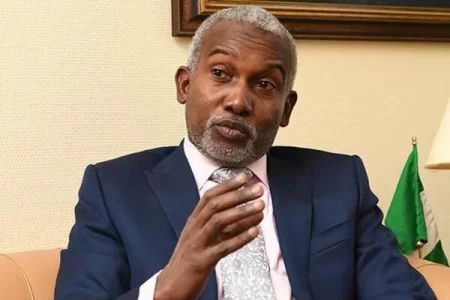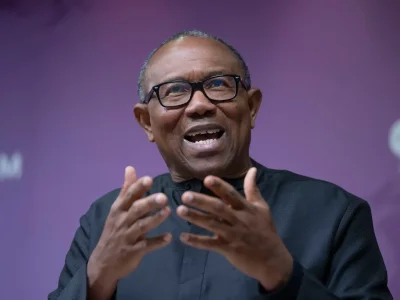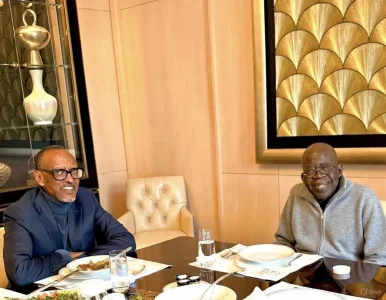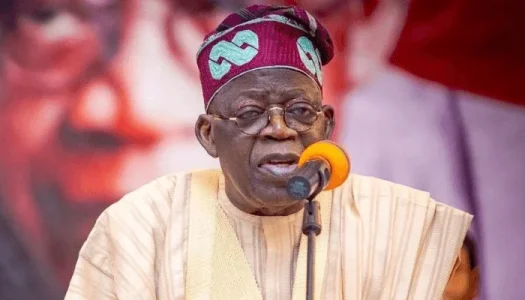
Nigerian Foreign Minister Yusuf Tuggar visited Niger to address strained relations, focusing on economic cooperation, border security, and infrastructure projects. The talks also aimed to restore diplomatic ties following the political fallout from the 2023 Niger coup.
Nigerian Foreign Minister Yusuf Tuggar visited Niger to address strained relations, focusing on economic cooperation, border security, and infrastructure projects. The talks also aimed to restore diplomatic ties following the political fallout from the 2023 Niger coup.
Nigeria’s Minister of Foreign Affairs, Yusuf Tuggar, recently visited Niamey, the capital of Niger, for a working visit aimed at easing diplomatic tensions between the two neighboring nations. Tuggar’s visit, which took place on Wednesday, was received by Bakary Sangaré, Niger’s Minister of Foreign Affairs, and was conducted against the backdrop of the ongoing strained relations between Nigeria and Niger, which have been exacerbated by the political upheaval in Niger following the July 2023 coup.
Relations between the two countries have been fraught, especially after the Economic Community of West African States (ECOWAS), under the leadership of Nigerian President Bola Tinubu, imposed severe sanctions on Niger. These measures, which included a call for the restoration of constitutional order and the threat of military intervention, further strained ties, leading to border closures and halting various forms of cooperation. The situation worsened when the Alliance of Sahel States (AES), a group of countries including Niger, Mali, and Burkina Faso, implemented new import duties on goods from ECOWAS member nations, deepening the divide.
In light of these tensions, the recent discussions between the two foreign ministers were aimed at revitalizing their diplomatic and economic relations. The ministers outlined plans to reactivate the Nigeria-Niger Joint Commission (NNJC) and enhance economic cooperation through cross-border markets, energy projects, and infrastructure development. Key areas of focus include the Kano-Katsina-Jibiya-Maradi railway, the construction of the Trans-Saharan Gas Pipeline, and joint efforts to address challenges like desertification and terrorism along their shared borders. Both ministers emphasized the importance of continued collaboration on security matters to combat terrorism and stabilize the region.
As a sign of goodwill, Tuggar invited his Nigerien counterpart to visit Nigeria, and Sangaré accepted, signaling a potential new phase in Nigeria-Niger relations. The dates for this visit will be communicated through diplomatic channels. This step reflects both countries’ commitment to restoring and strengthening their ties amidst the political and economic challenges facing the region. The two sides also agreed to hold more frequent meetings to ensure that their cooperation continues to grow in various sectors, including agriculture, education, and technology.




